latest
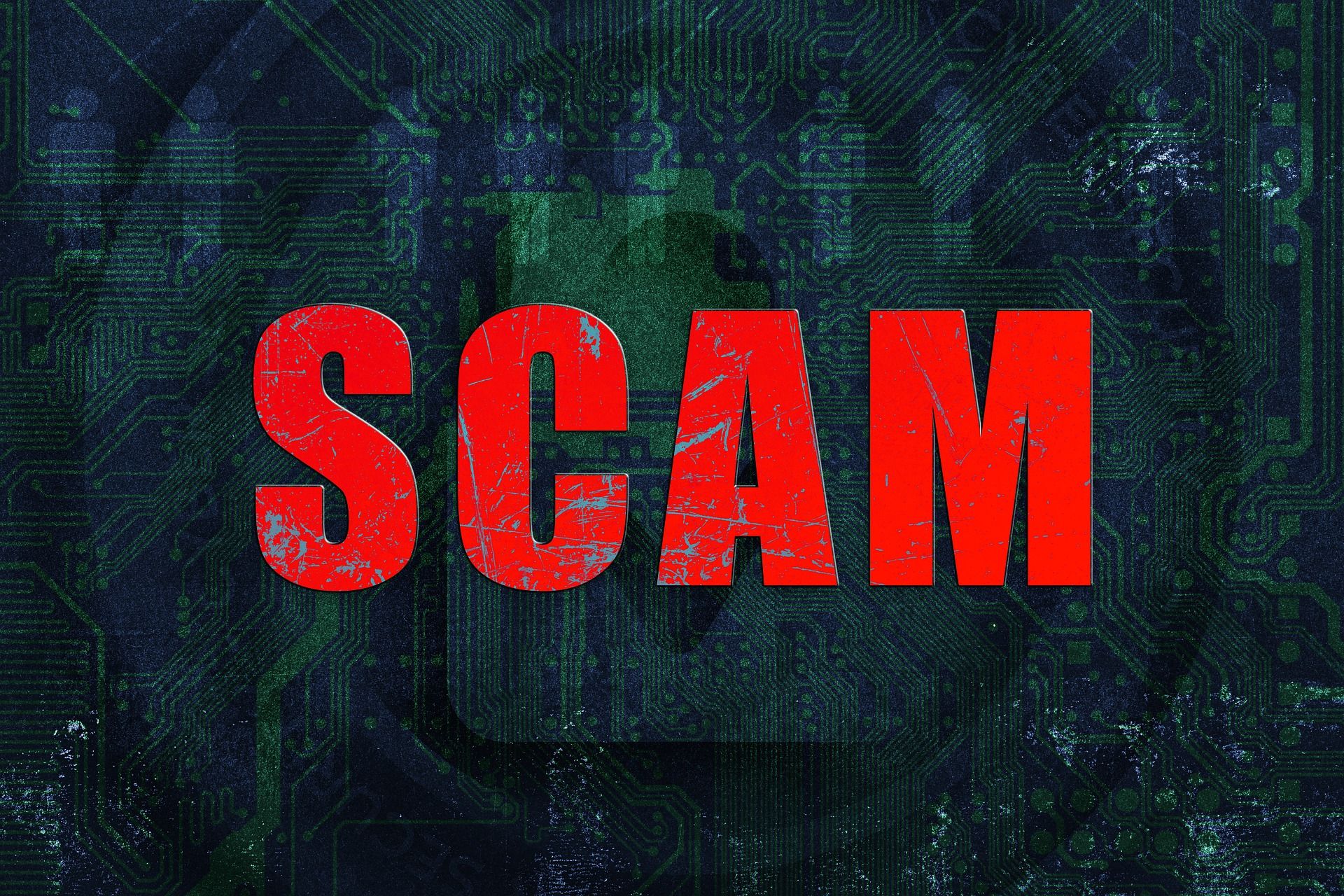
How to avoid online job scams
Think twice before sharing personal or financial details in exchange for a lucrative job
Whether it's tech, finance, manufacturing, education, entertainment, construction, or agriculture, every industry has been affected by the recession and layoffs. The situation opened doors for fraudsters to scam the affected ones and job seekers with online job scams. If you come across a too-good-to-be-true job posting, verify it several times.
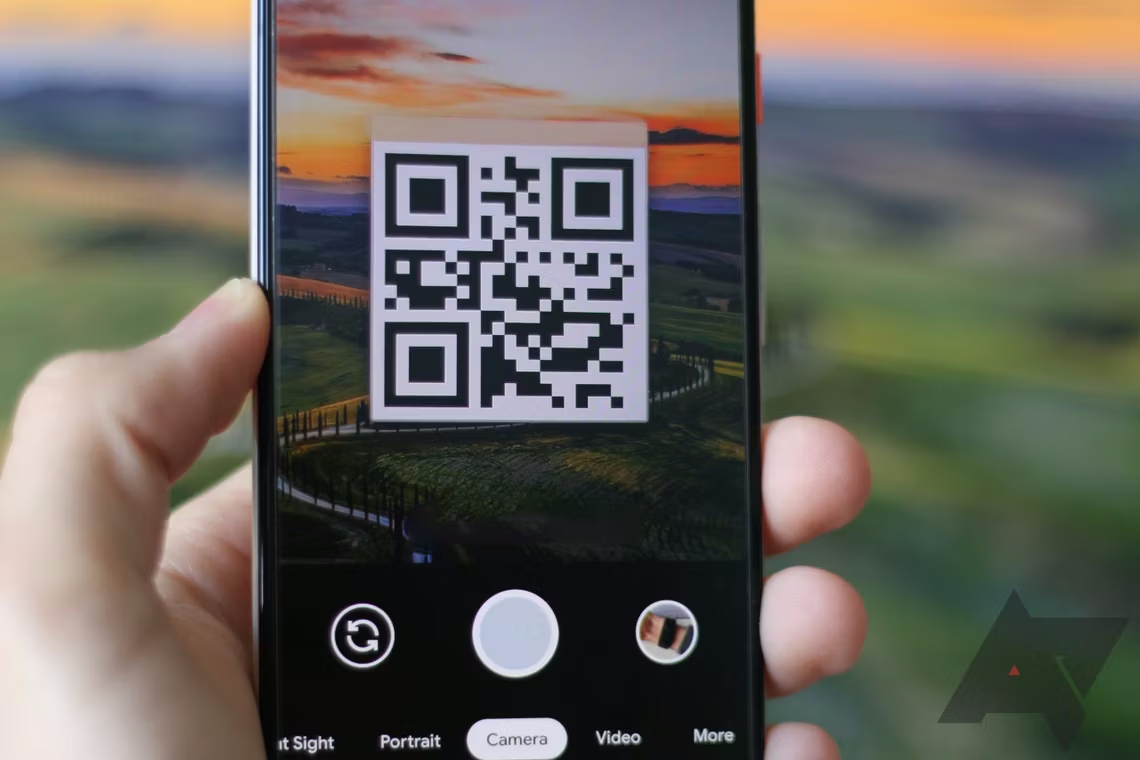
Quick Response (QR) codes have existed for several years, and their popularity sky-rocketed during COVID-19. QR codes bring significant advantages. However, cybercriminals and scammers have exploited several ways to hack QR codes to access your personal and financial information illegally. These malicious and tampered QR codes can steal money and spread malware on your iPhone or top budget Android phone.

Facebook Marketplace's dirty dozen: The 14 most common scams and how to avoid them
Be careful before hitting the buy button on Facebook Marketplace
Facebook Marketplace is a popular platform for people who want to buy or sell used items. With more and more shoppers browsing the site, the number of scammers on the platform has also risen. They have several tricks up their sleeves to lure you into parting with your hard-earned money, so be wary of deals that appear too good to be true.

Itch.io boldly claims NFTs are a scam while simultaneously hosting games gearing up to offer NFTs
Oops
At this point, it seems like so many gaming corporations are ready to jump on the NFT bandwagon. If you're unfamiliar with NFTs, the acronym stands for non-fungible token, which amounts to data stored on a blockchain that offers a uniquely identifiable token, turning infinitely copyable data of images, music, and videos into unique items. NFTs supposedly give permanence to intangible data, but its worth is totally in the eye of the beholder (much like all art sales), which is why many compare NFTs to a pyramid scheme. Those who own NFTs will be left holding the bag should the fad die out.
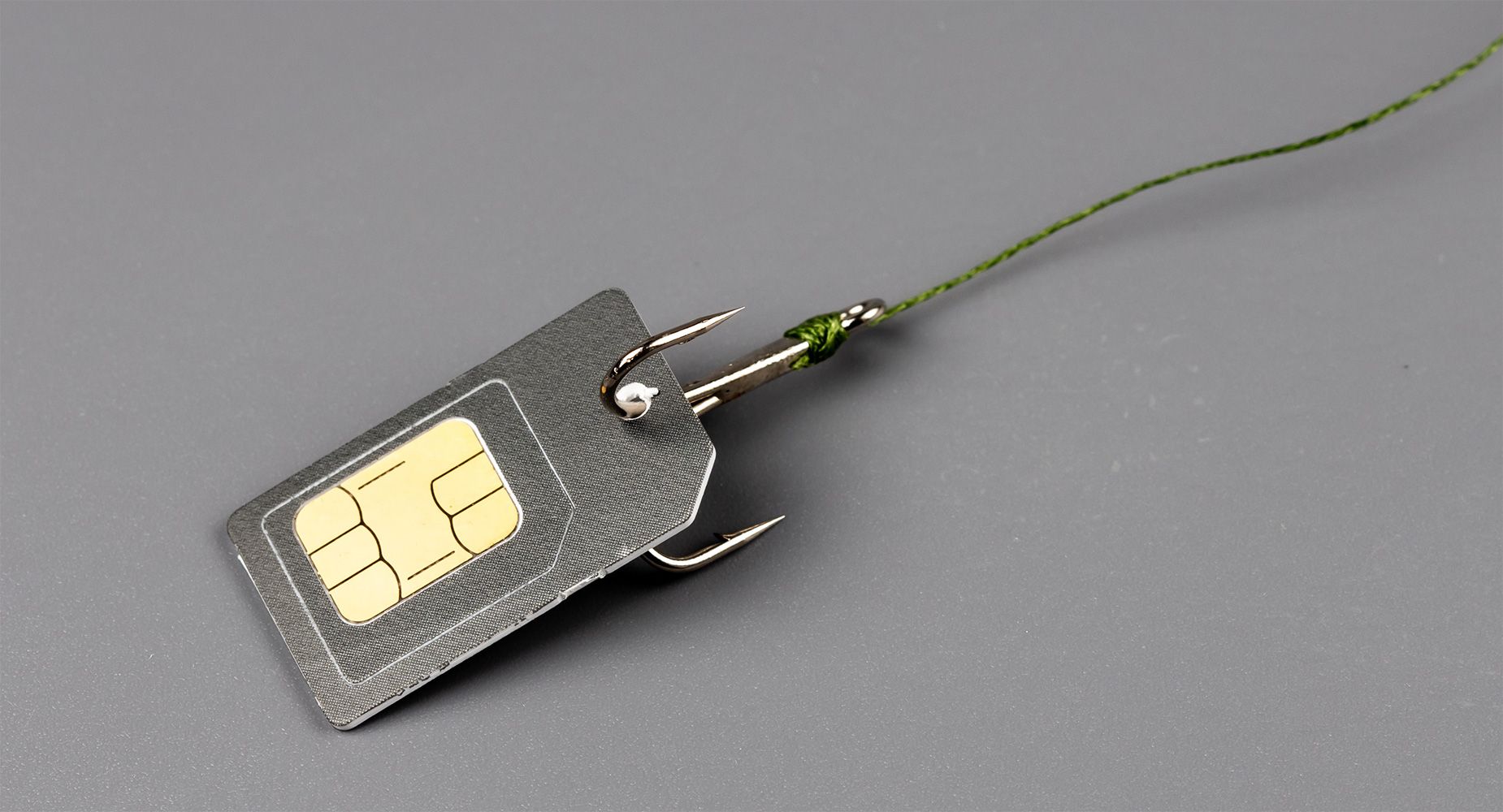
T-Mobile is making it slightly harder for hackers to steal your phone number
There's an added layer of security but it isn't completely foolproof
Using two-factor authentication (2FA) can be an effective way to reduce your chance of falling victim to scams, privacy breaches, or any manner of hacks. However, even that isn't completely secure, especially if you use your phone number to receive 2FA codes — hackers have resorted to SIM swapping, which tricks carrier reps into fraudulently transferring phone numbers to a hacker-controlled SIM. Thankfully, T-Mobile is making that a little more difficult with a new policy that kicked in earlier this month.
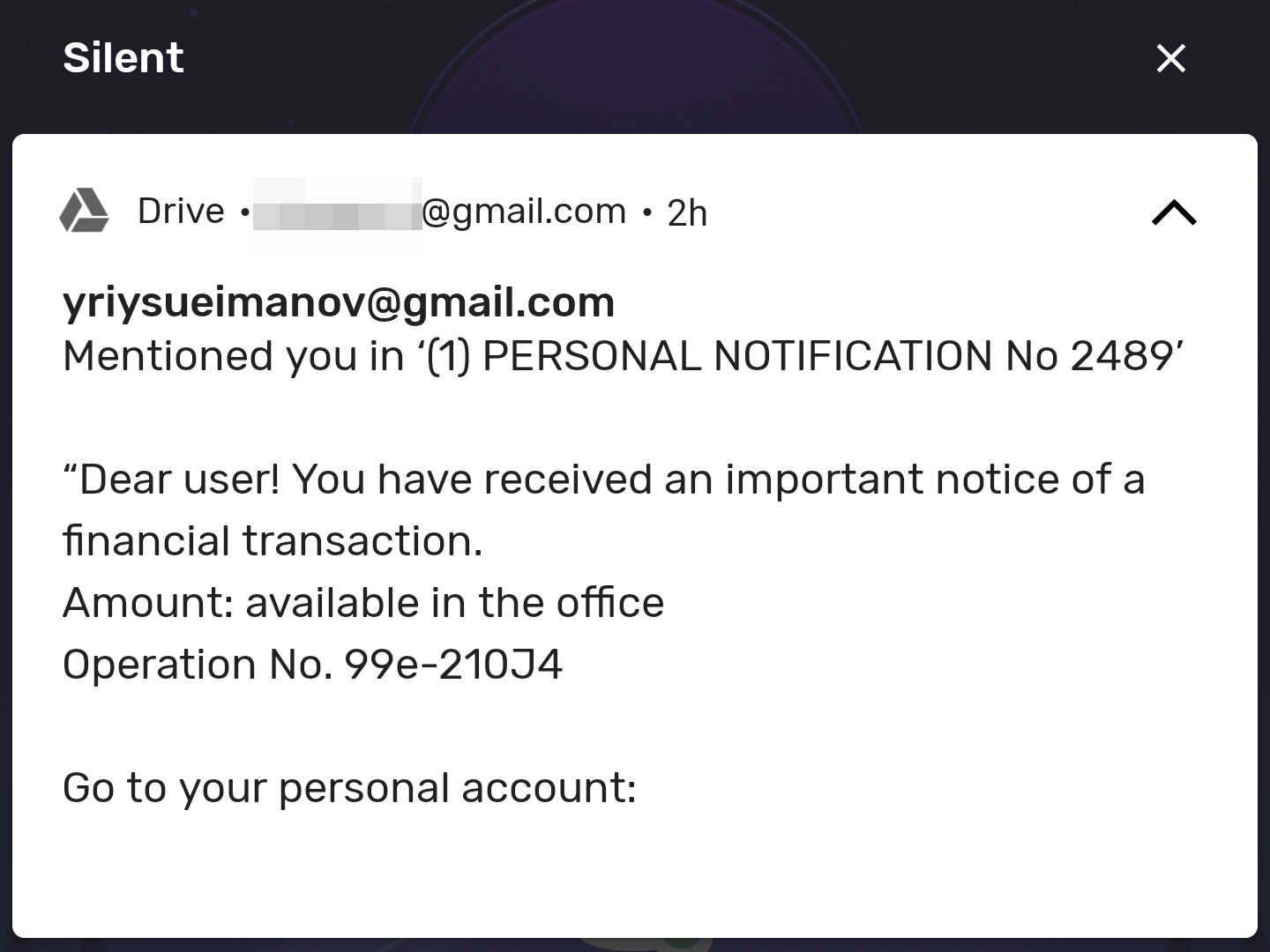
Spam in Calendar, Drive, and Photos will always be an issue if Google keeps trying to catch it after the fact
Google said it'd be stopping this crap... in January 2019
Another large wave of spam has been hitting Google Drive users over the past few weeks. You might have noticed it either through an email in your Gmail inbox or a notification on your phone — or both — saying that an unknown email address mentioned you in a document. The comment includes a URL that you should absolutely not click. This is not the first time spammers have abused Drive, Calendar, or even Photos, and it likely won't be the last. Google's steps to remedy the different situations have been nothing but a band-aid over a bleeding, gaping hole. A more radical solution should be implemented at a higher level.

AT&T is scaring customers into buying new phones with a misleading email
Even recent unlocked phones like the Galaxy S10e or the Nokia 6.1 are affected
Amid an economy-crushing pandemic, AT&T decided that now was a good time to send a scaremongering email to many of its customers, claiming that their phone "is not compatible with the new network and you need to replace it to continue receiving service." The email conveniently omits that this message is regarding a change that won't take place until February 2022, providing only a link that later calls out this change linked to the decommissioning of AT&T's legacy 3G network.

The Play Store has a problem with sleazy apps that overcharge for basic functionality
A Google Lens wannabe charges $300 a year
Google is right to be proud of how well it keeps a vast majority of malware and scams out of the Play Store, but there is one particular kind of misleading applications that the company has trouble dealing with. So-called fleeceware apps are overcharging customers for basic functionality, but still deliver what they promise, which technically doesn't make them scams in Google's book. Some people end up with $300+ bills for an image search app that just redirects to Google Images, which is certainly not a genuine way of making money. Google has to step up its game to tackle these kinds of unethical apps.

With recent scam apps incidents in mind, it might look like Google isn't very good at keeping malware and fraud out of the Play Store, but the company is hard at work to allow as little in as possible. It has shared today that thanks to security advancements, it could keep more than 790,000 policy-violating apps from entering the Play Store, and has also prevented more than 1.9 billion malware installs from sources outside of its distribution platform in 2019.
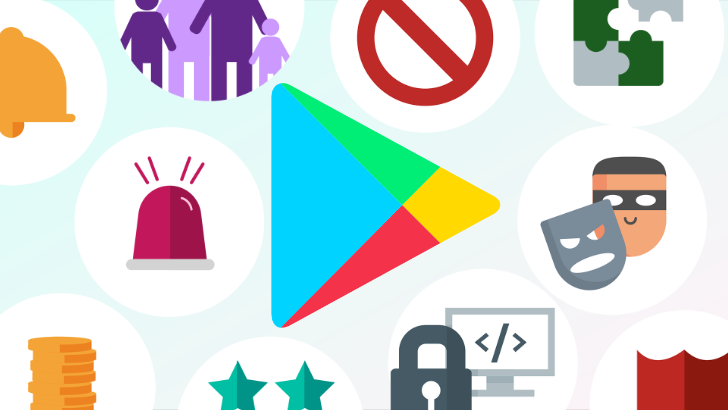
Google isn't good at keeping malware out of the Play Store. Even though the company has announced an App Defense Alliance to strengthen its Play Protect Scanner, a few scam apps have once again managed to slip through and are ripping off unsuspecting UK Android users. Some of the applications are currently among the top free apps on the UK Play Store and promise movie streaming at no cost, but sign up users for a subscription service via their phone bill.

In June, we discovered that spammers and scammers found a new way to distribute their unwarranted information via Google Calendar by exploiting a default setting in Gmail which automatically invites email recipients to events. Now, Google is finally ready to step in. The company today announced that it's working on resolving the issue, but isn't ready to share any details just yet.

For as long as Google Maps (and other digital mapping services) have existed, there have been fake listings. The most notable example was a scam where a centralized operation would mass-produce fake locksmith listings advertising low rates, then jacking up prices as poor sods left out of house or car get desperate. These days, the directory battlefield has expanded across different high-cost industries with devastating tactics deployed against businesses and the public while placing livelihoods on the line.
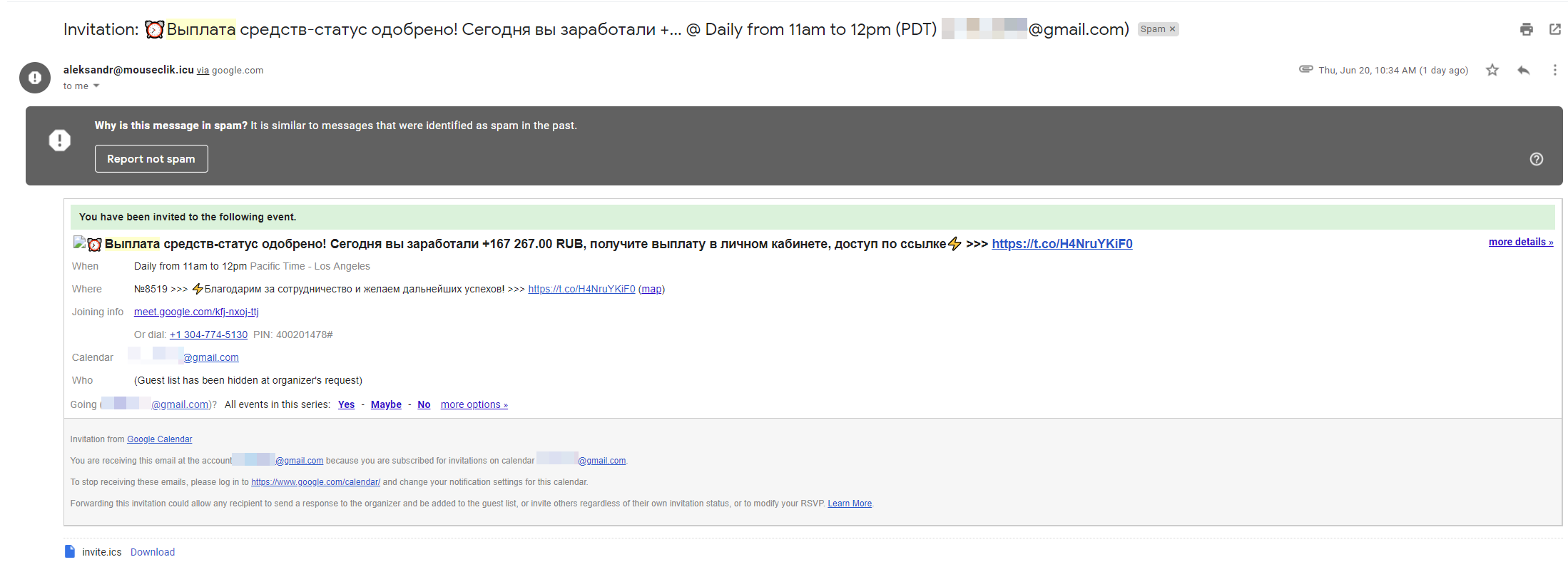
We've all received a spam email telling us we've won millions of dollars or need to reset our online banking password. Although these are widespread, most messaging platforms and even browsers have learned to recognize them for our protection. Because of this, attackers are finding more sophisticated means to be more attractive: Besides using Google Docs to trick users, scammers have turned to Google Calendar and are relying on its automatic event creation setting to take advantage of people.

With over two million applications in the Play Store, there are bound to be a few bad apples here and there. However, the creatively named "QR Code Reader-Barcode scanner & QR Code Scanner" might be one of the absolute worst apps in the entire marketplace. At over one million installs, there's a lot of dirty money in play if even a small fraction of people were defrauded out of roughly $100 each.

I'm not a gamer, but even I knew that Call of Duty coming to mobile is big news. Big enough to have people trying to find ways to play it even before it's officially released, and scammers using the opportunity to prey on those who aren't knowledgeable or perceptive enough. And today we have the first signs of the latter: a scam listing for Call of Duty: Mobile has surfaced on the Play Store and it costs a — hold your breath — whopping $32. Yeah... no.

IRS agents won't ask you to pay back taxes with iTunes gift cards, and unverified images on a Google Maps listing don't necessarily represent the business owner — what seems like common sense to you and I can end up causing a lot of pain and anguish to less discerning individuals. Twitter user @DrunkenPandaman stumbled upon one such instance today, where the Google Maps listings of liquor stores across India are being flooded with thousands of images having phone numbers on them, seemingly promising home delivery for an advance payment — an obvious scam, that seems to be working.

Phishing attempts involve a lot of trickery. You think you got an email from your colleague at androidpolice.com when you really received it from someone at androidpollce.com. Or you mistype one letter in a URL and you're taken to a site that looks exactly the same, but isn't the one you wanted. One minute later you've entered your email, password, and maybe credit card on an unknown site and your details have been stolen for good. Even the best of us (and the most tech-savvy and aware) can miss a small letter change, so it only makes sense that there's a more automated and systematic check that could save us from these situations. That's where Chrome's upcoming warning comes into play.

Given Fortnite's current hotness, we understand if you've been scouring the web for an APK to download onto your phone. After all, Epic Games said that Fortnite would be making its way to Android this summer, and it's basically summer at this point. But be forewarned: Fortnite is not out on Android yet, and anything you see claiming to be a Fortnite APK is a scam.

[Sweet Revenge] IRS phone scammers get a taste of their own medicine after messing with a programmer
Phone scams are getting more frequent and elaborate with time. Nowadays, one of the schemes involves scammers pretending they're from the IRS and accusing you of fraud then requesting payments to clear up your name and account. You'd have to imagine that a lot of people wouldn't dare questioning the IRS or appearing the least bit resistant or uncooperative with its reps, so these scams are usually very successful.

Perhaps due to today's outbreak of a widespread phishing scam, or simply by coincidence, Google is rolling out enhanced anti-phishing security checks in Gmail for Android. When users tap on a suspicious link, the above warning will now appear.











